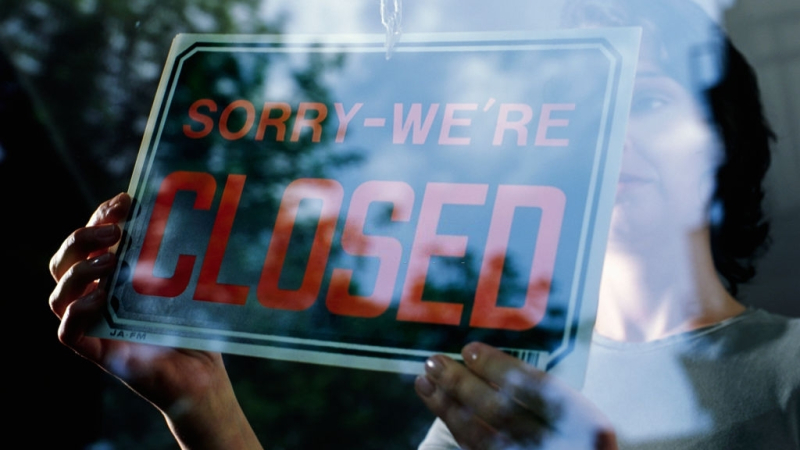Some Michigan residents disagree with Gov. Gretchen Whitmer's policies involving lockdowns and regulations to prevent the spread of COVID-19. | Stock Photo at Getty Images
Some Michigan residents disagree with Gov. Gretchen Whitmer's policies involving lockdowns and regulations to prevent the spread of COVID-19. | Stock Photo at Getty Images
After the University of Michigan refused to provide documents regarding the science and data used to justify Michigan's lockdown orders and restrictions, the Mackinac Center Legal Foundation filed a lawsuit against the university for violating the state's Freedom of Information Act (FOIA).
Many Michigan residents and officials have questioned the reasoning behind Gov. Gretchen Whitmer's executive orders since she first began issuing them, according to the Mackinac Center for Public Policy. When asked about her reasoning, Whitmer has said that "science and data" support her decisions and restrictions.
“There has understandably been a lot of speculation surrounding the inconsistencies in Gov. Whitmer’s COVID-19 response plans,” said Steve Delie, the Center’s policy lead on transparency and open government, according to the Mackinac Center website. “The public deserves to know what data was used as the basis for these decisions that impacted their lives and livelihoods.”
The Michigan governor's office is exempt from FOIA laws, but Whitmer said the science and data behind her executive orders came from the University of Michigan. When the Mackinac Center requested the documents from the university, the university did provide some documents to the foundation but redacted a large amount of information. This led the foundation to file a lawsuit against the university.
"The Mackinac Center filed an appeal and more documents were provided, although they were also heavily redacted," the Mackinac Center says on its website. "The frank communications exemption can be applied when communications are more than purely factual, are advisory in nature and are preliminary to a policy decision or determination. If those factors are met, and the public’s interest in encouraging frank communications does not clearly outweigh the public’s interest in obtaining the requested information, then portions of records may be redacted. Those factors are not met in this case."


 Alerts Sign-up
Alerts Sign-up